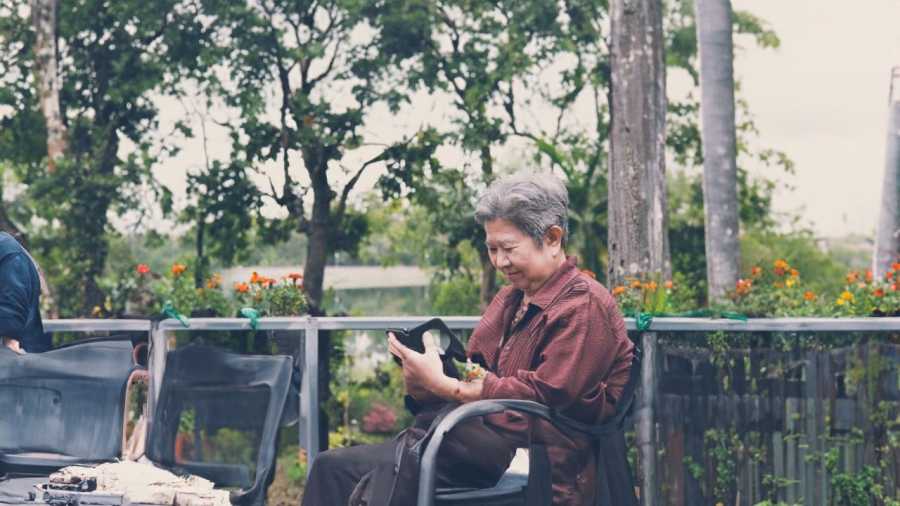Every parent wants the best for their children, and it’s heartbreaking to see them not yet mature and fully developed. Providing necessary money for your child when they haven’t earned it yet is supporting them, and if they are still young, it is the responsibility of the parents. But in the following two cases, if you continue to provide money, you will suffer for the rest of your life, and your child will find it very difficult to mature:
Providing money when the child has grown up
Many parents continue to provide money for their grown-up children. Some even save money for their children. Some might think that if they have extra money, why not give it to their children so that they have to work hard to make a living.

However, as grown-ups, people have to learn to earn, and one can only receive if they give, and they can only earn if they work. That is the law of nature. If one only receives gradually, they will lose blessings and lose the will to work.
On the other hand, many parents who are not wealthy, when they get older, need to have accumulated money to take care of their old age, but instead shoulder the burden of their children, making life more burdensome and exhausting. Instead of providing money for their children, parents should lend money to them for business or to cover some expenses. That way, children will have a better understanding of life. Many people believe that if they don’t provide for their children, their children will not take care of them in the future. In fact, this mindset comes from education. Parents have the responsibility of raising their children until they become adults. When children reach adulthood, they must take responsibility for their own lives and have the awareness of self-reliance. Giving back the assets that parents give to their children is a different matter. Or in the case of children who are truly difficult due to health issues or in times of adversity, parents should provide support. Otherwise, if the children are healthy, they should know how to work and make a living.
Paying off your children’s debts
Many children go out to have fun and spend money, then borrow heavily with high interest rates, and when they are pursued for repayment, they let their parents bear the consequences. This can become a habit if it happens once or twice or many times. Many parents are afraid that their children will be hunted down and are afraid that they will sink into debt, so they pay off the debts for them. But the more they pay, the more mistakes they make. Paying off these debts puts financial strain on parents. Furthermore, children don’t recognize their own responsibilities, so they continue to go astray.

Since childhood, we need to teach children to take responsibility for their actions. Never let them see that parents are willing to spend any amount of money for them. Paying off the children’s debts leads to financial difficulties for the parents. When parents are old and need money for medical treatment and care in old age, they won’t have any money for expenses. Therefore, parents must balance their finances. In cases where parents are wealthy and children need money for business, parents should repay the debt on behalf of the children. In the case of children going astray, parents should take strong and firm measures and remain calm and composed before giving money, because if they don’t, they will turn their children into individuals who continue to fall and depend on their parents.
Parents paying off debts for their children also prevents the children from taking responsibility, and they don’t realize the consequences. The children make their parents a shield. In the long run, this damages both the parents and the children and prevents them from maturing.
Therefore, when faced with the above two situations, parents need to remain calm and composed before deciding whether to give money to their children or not. They must analyze the situation and find a way to re-educate their children, to make them understand their responsibilities, and they should only help once and not help a second time if the children continue to make mistakes without taking responsibility and without a sense of responsibility towards their parents.
Learning Tips for Parents: 12 Japanese Techniques to Use with Your Children
Discover the 12 principles of teaching children in the traditional Japanese way that parents can learn with Dien May XANH! By instilling these principles when your children are young, you can ensure that they grow up to be obedient, smart and polite, the hallmarks of a successful education in Japan.



































